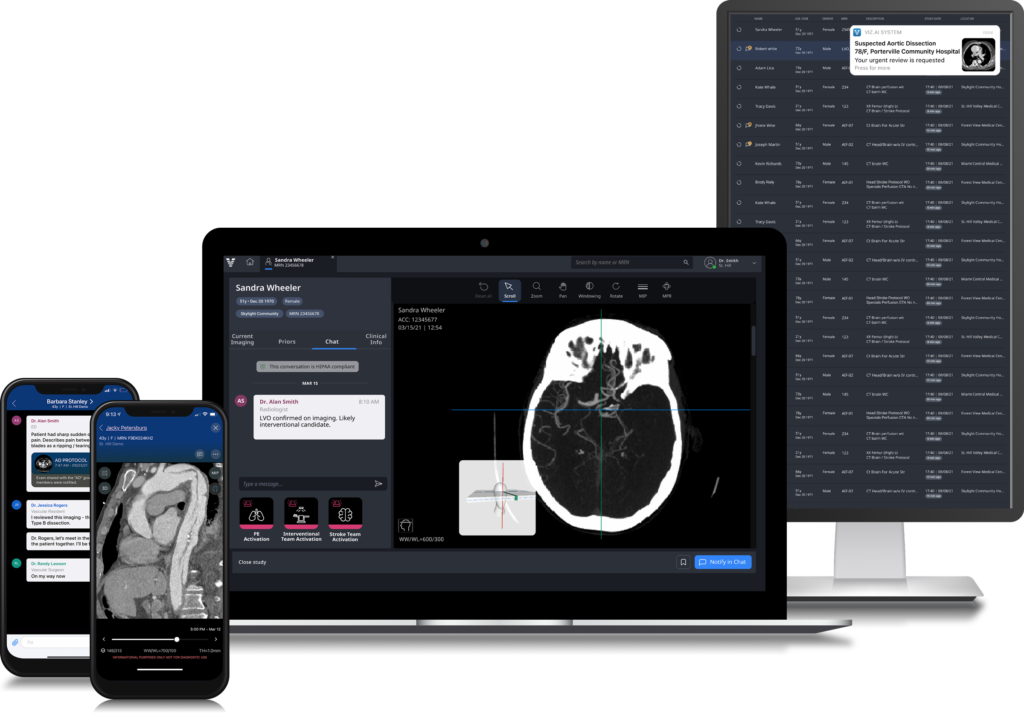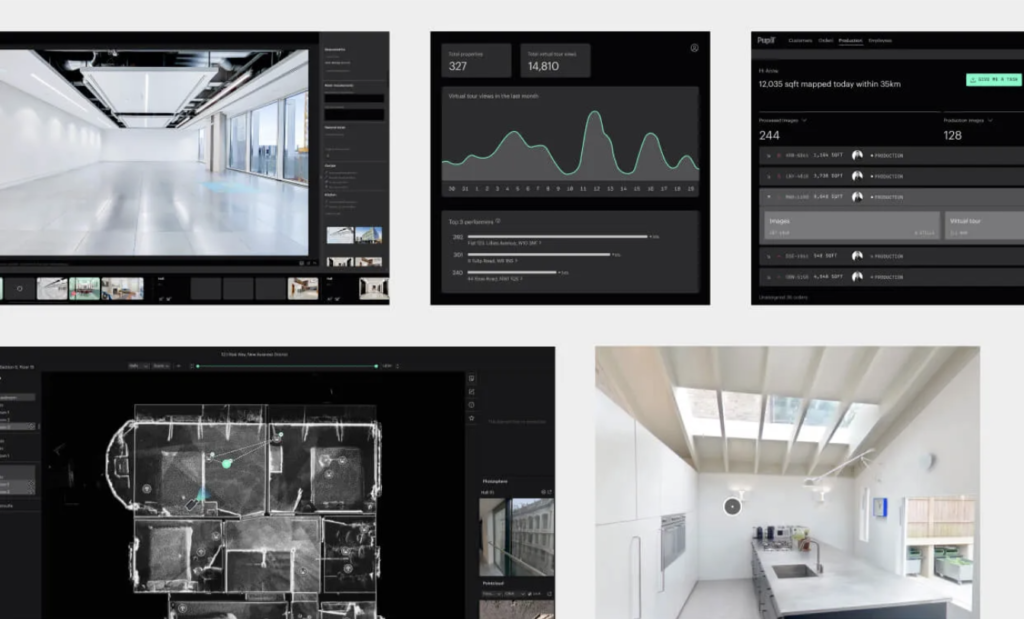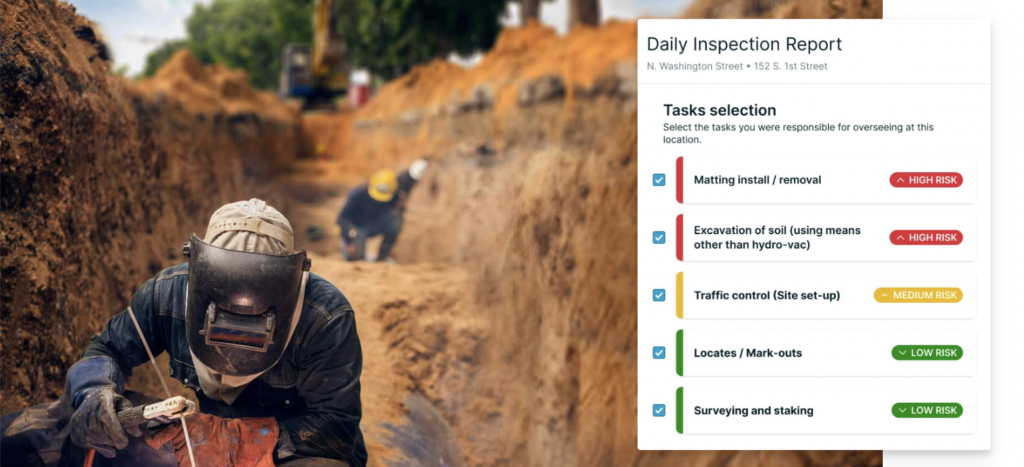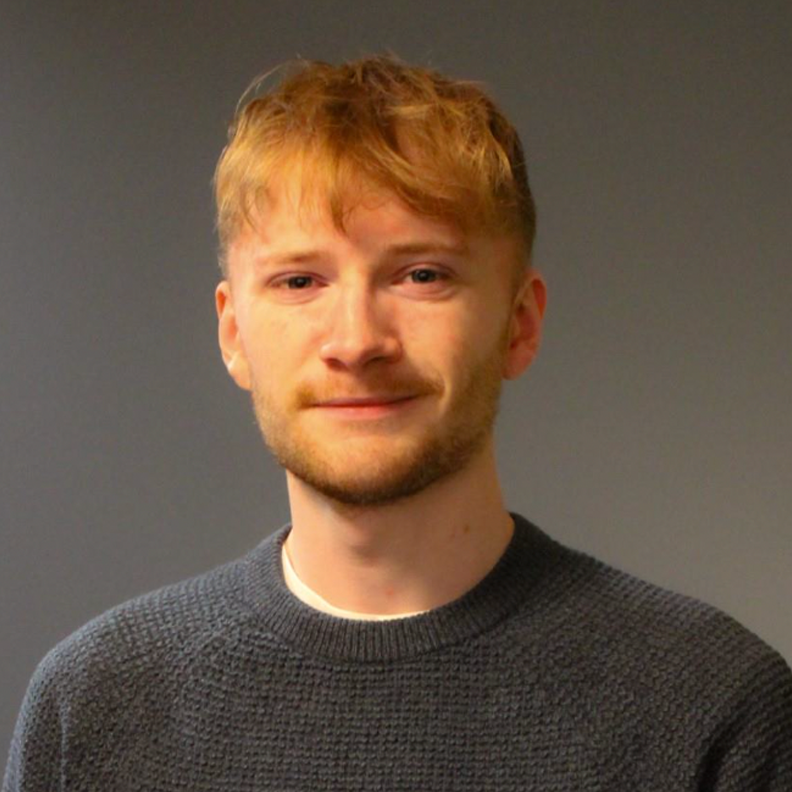In recent years, there has been a lot of discussion about the potential dangers of artificial intelligence (AI). From job displacement to privacy concerns, it’s easy to understand why some people are hesitant to embrace this rapidly advancing technology. However, what often gets overlooked is the tremendous good that AI can do in areas such as technology, scientific research, and even healthcare. In fact, AI has the potential to revolutionise these fields and help us tackle some of the biggest challenges facing humanity today.
We didn’t write that, AI did.
More specifically, ChatGPT, the linguistic cure-all on everyone’s LinkedIn feed and in every watercooler chat. The programme is easy to use, wildly capable, and just made a fraction of our job that little bit easier. Of course, we couldn’t rely on it to write this entire article by itself just yet. It would make a remarkable effort – and in seconds – but we don’t think you would stick around to read it.
AI is ominously simple; ask it a question, either broad or specific, and out comes an answer. The specifics are anything but simple, but that’s precisely the point. As a counterpoint to a lot of catastrophising in the news lately, we’ve highlighted a few of the most promising and innovative SMEs that have decided to turn the power of AI into a force for good.

- Viz.AI
With the worrying prospect of AI taking human jobs, isn’t now the best time to turn our focus to the sectors suffering from a shortage of staff? Even before the pandemic hit, the NHS workforce was overworked and crippled by an overwhelming backlog of patients.
If anyone has been put on a waiting list for treatment in recent years, they’ll understand this can mean anywhere from a week to six months, with little more than a rough estimation of a date. In some cases, waiting times can be life-threatening. Fortunately, there’s already someone on the job.
Viz.ai is a ground-breaking company that speeds up the process of coordinating treatment for patients using AI assistance for diagnosis and scheduling, meaning more patients have faster access to potentially life-saving treatment.
Like so many great start-ups, Viz.ai was founded by an entrepreneur who noticed a problem and set about fixing it. Dr Chris Mansi, a former neurosurgeon, saw one of his patients undergo a successful brain surgery only to tragically lose her life after unnecessary delays caused the surgery to happen too late. By leveraging AI-powered workflows and image processing in a clinical environment, Mansi aims to revolutionise healthcare during a critical staff shortage, and ensure future patients get treated in time.

- Pupil
Climate change and reducing carbon emissions is rapidly becoming a focus for almost all businesses. Pupil’s goal is to reduce emissions in the real estate industry by implementing ‘digital twin’ technology and eliminating car journeys during property insurance diligence. Put simply, they provide virtual viewing capabilities for banks and mortgage lenders, and virtual shopping for consumers, which cuts down on return visits.
A ‘digital twin’ is a virtual representation of an object or system that is constantly updated with real-world data. Their AI has been used to capture approximately 10 million square feet of real estate, and they have raised £34.4 million in investments across five funding rounds, including £338k from Innovate UK grants. We’re all about cutting down on unnecessary journeys, so it seems likely that the use of ‘digital twin’ solutions will increase wherever it can be applied.

- Urbint
Urbint aims to improve worker safety and risk aversion for construction and maintenance industries. Urbint’s damage prevention software uses AI to identify high-risk excavations and prevent incidents that could harm workers, damage assets, and endanger surrounding communities. According to Urbint, almost all all kinds of serious injuries and fatalities from electrical to chemical incidents result from the release of hazardous energy. Urbint’s risk engine employs AI to predict the likelihood and severity of incidents and generate actionable intelligence based on project data and ‘digital twin’ renderings of the work site. Urbint also offers a ticket management system that powers a comprehensive end-to-end damage prevention system, like Viz.ai’s triage technology, allowing issues and incidents to be prioritized. Since 2020, Urbint has identified over 100,000 high-risk projects, potentially saving workers from severe accidents and companies from financial losses due to operational mishaps.
AI has evolved from its public perception as obscure futurist technology to, in just a couple of years, anchoring itself into everyday life. Its rapid expansion has spurred tech leaders like Geoffrey Hinton – the ‘godfather of AI’ – to speak out against potential dangers of unregulated AI development.
But despite this, AI can be harnessed for good. With so many start-ups across the globe are seeing the potential positive of this revolutionary technology, there are plenty of reasons to believe it can still change the world for the better.
For more more innovative SMEs driving positive change, check five of our favourite green SMEs.


